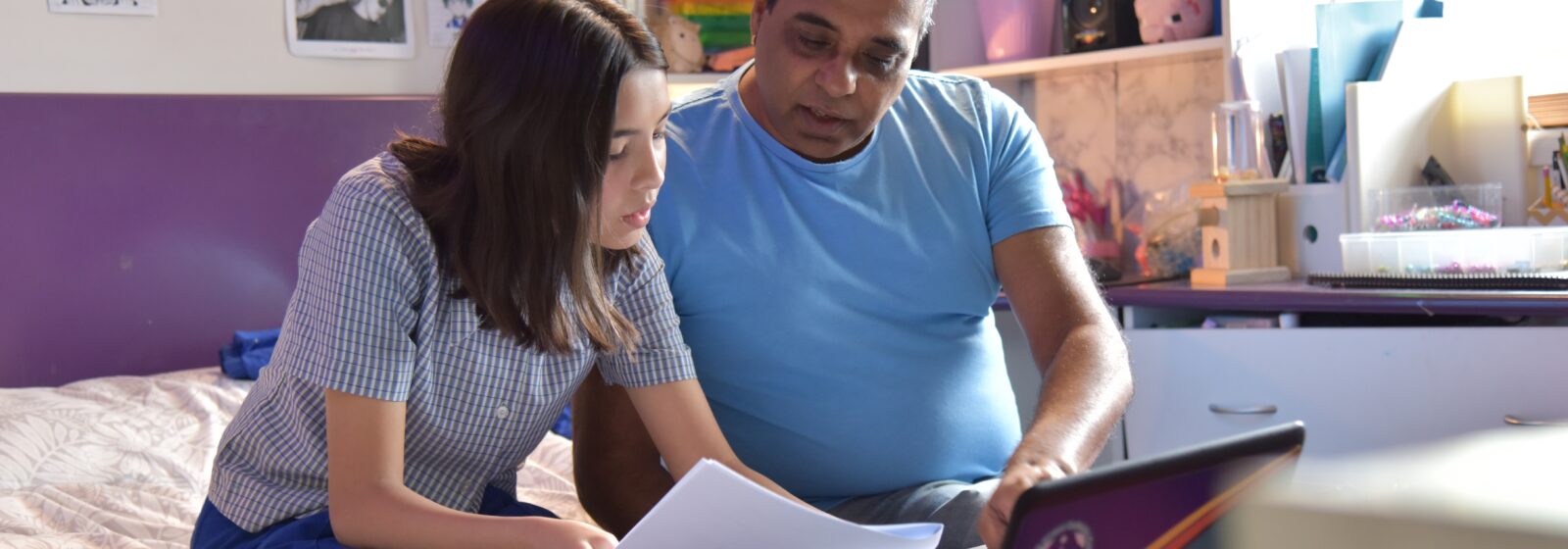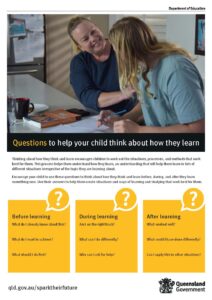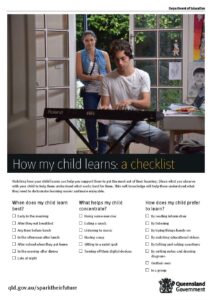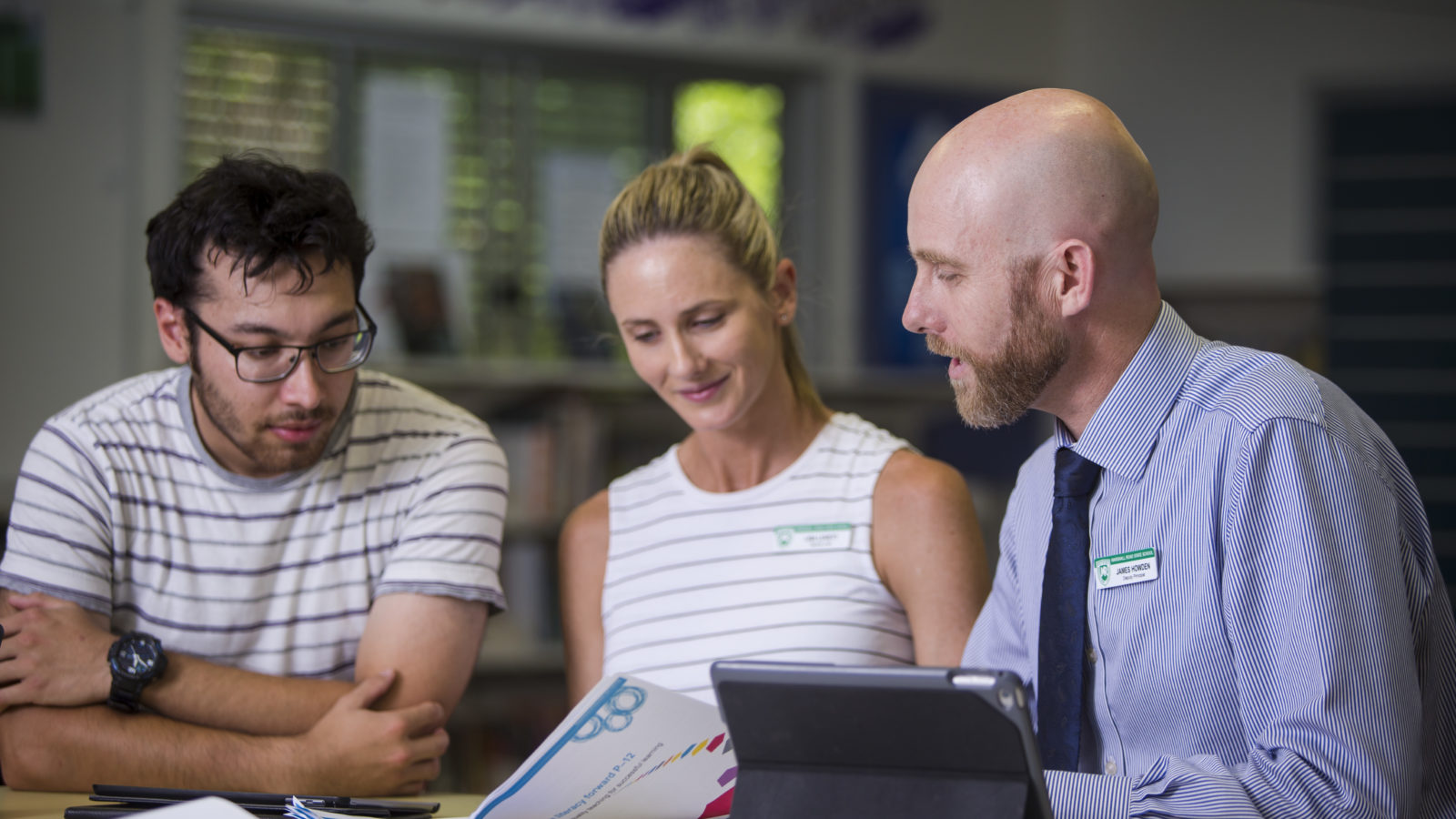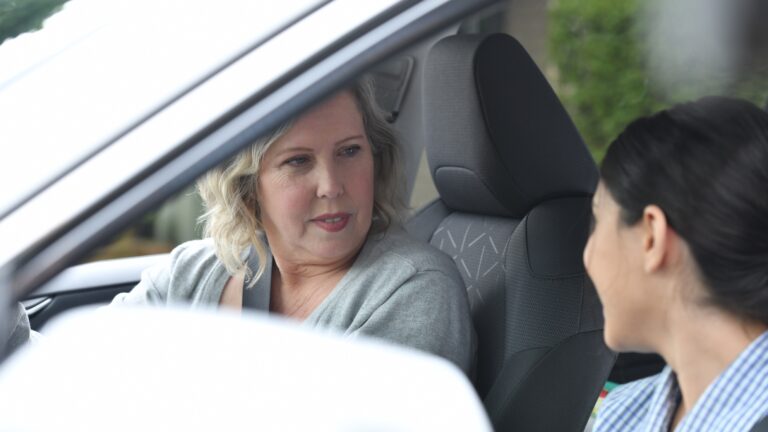Has your child ever said, ‘I can’t do it’ when faced with a task? It can be hard to see your child struggling. But there is something that can help shift their thinking from what they can’t do, to what they can do. And that thing is called metacognition, or put simply, thinking about thinking.
What does thinking about thinking mean?
Thinking about thinking is understanding how you learn, remember, and process information. This happens when you reflect on your thoughts, feelings, needs and behaviours and see patterns in how you respond to new experiences and challenges.
How does that actually work?
Let’s look at an example: Say your child is struggling to stay focused while working on an assignment. They might say, ‘I’ll never get this assignment finished – it’s too hard and I don’t understand it.’ This is an opportunity for you to help them work out how they learn and think best. Here are some things you could say:
- ‘Remember that English essay you wrote that you got a B on? What did you do to get that essay done? What was it that made that essay go well?’
- ‘Remember when you worked out how to ride a bike? What was it about that process that helped you learn how to do it?’
You could also offer your own observations of when they learn their best, for example:
- ‘I’ve noticed you struggle to focus when you sit for too long, why not take a break every 30 minutes?’
- ‘I’ve noticed you think best in the morning straight after breakfast. Why not put it away for the night and start again in the morning?’
- ‘I’ve noticed that you find written assignments easier when it’s a topic you can relate to. Is there a way to find a personal connection to the topic you’ve been given?’
This approach gives kids the self-knowledge to solve problems and learn better.
It makes kids adaptable
Thinking about how they think and learn encourages a child to work out the situations, processes, and methods that work best for them. They may discover that a technique that works for one subject doesn’t work for all of them, or that studying for one subject might require more time than another. This process helps them understand how they learn, an understanding that will help them learn in lots of different situations irrespective of the topic they are learning about.
It helps promote learning
Students who understand how they learn are better able to create situations that help them learn. For example, if your child knows they need to study in a quiet room and finds it easier to concentrate in the mornings, help them create a quiet space and encourage them to study early in the day so they can get the most out of their learning.
It helps them understand confusion
The act of being confused is an important part of learning. When kids are encouraged to recognise their confusion and question it, they can grow their ability to think about how they think and learn. Explain to your child that feeling confused is positive and necessary and from their confusion will come an opportunity to re-organise their thoughts, re-test their ideas, and learn and grow, until their mind can settle again into a state of understanding. For example, next time they’re struggling to understand a maths concept, try saying: ‘It’s okay to be confused. That means your brain is growing, re-organising itself, and building new connections so it can find this information more easily next time you need it. So don’t give up. Take a quick break then give it another go.’
Recognise how far they’ve come
Every now and then, take a moment to remind your child of how far they’ve come. Talk about all the things they’ve learned during their time at school and celebrate their achievements. Celebrating little wins will open your child’s mind to what is possible and keep them motivated to learn more.
Last Updated: 08 December 2022

